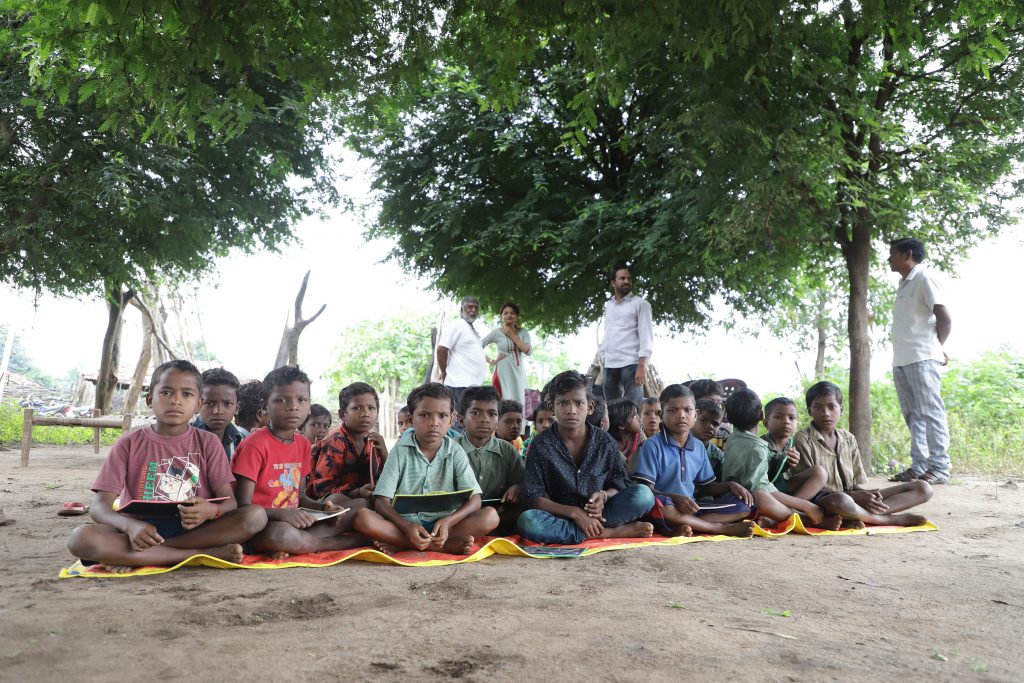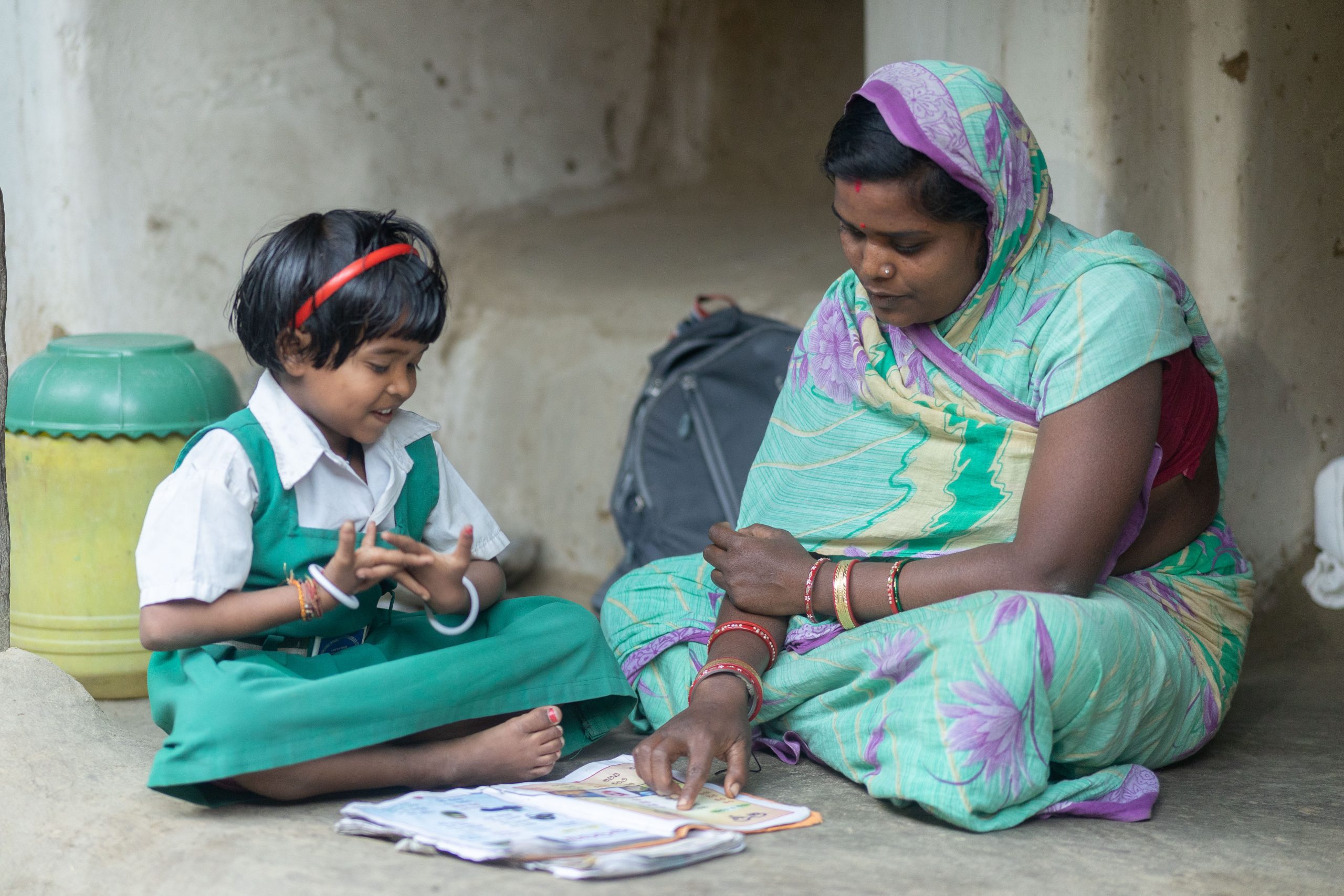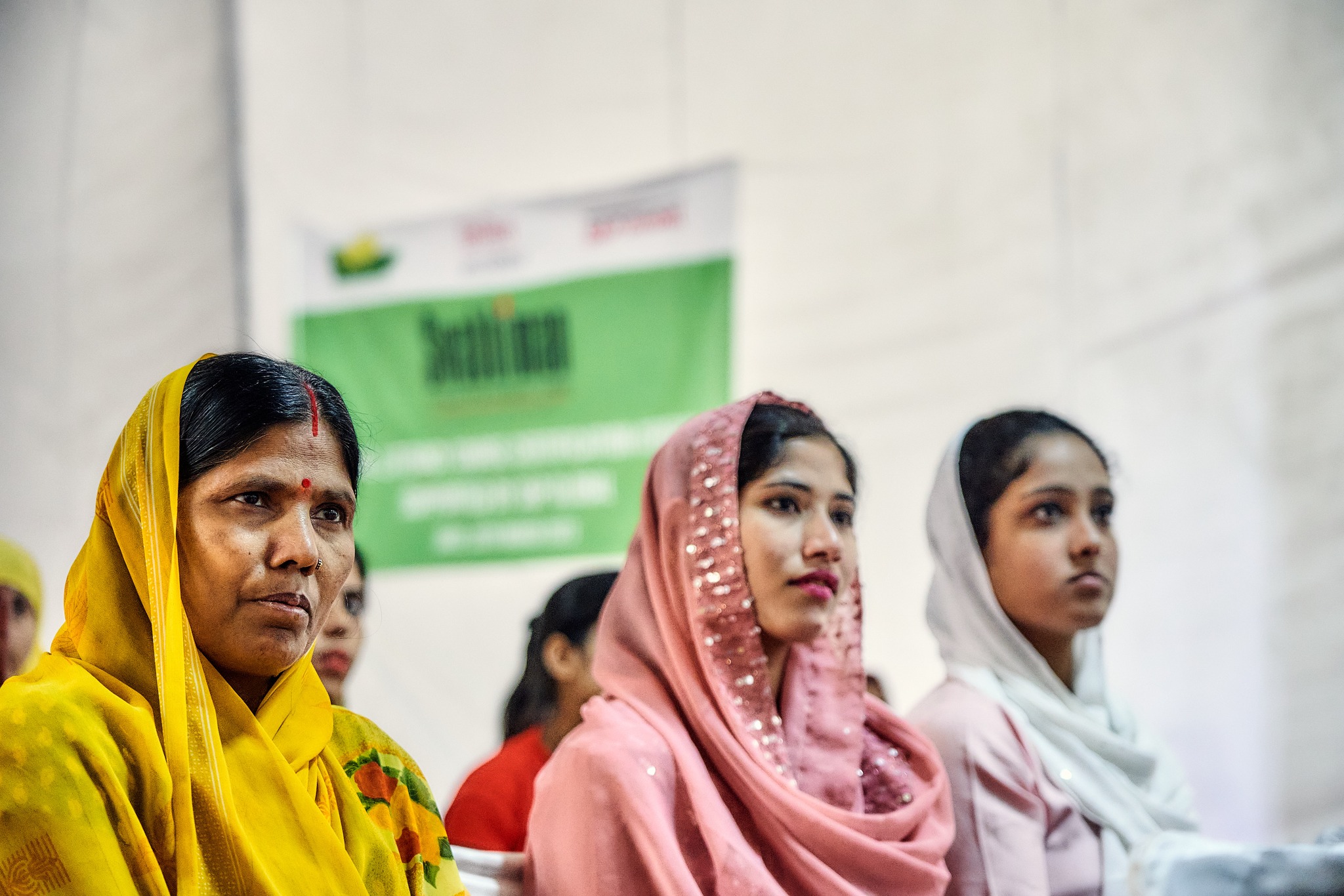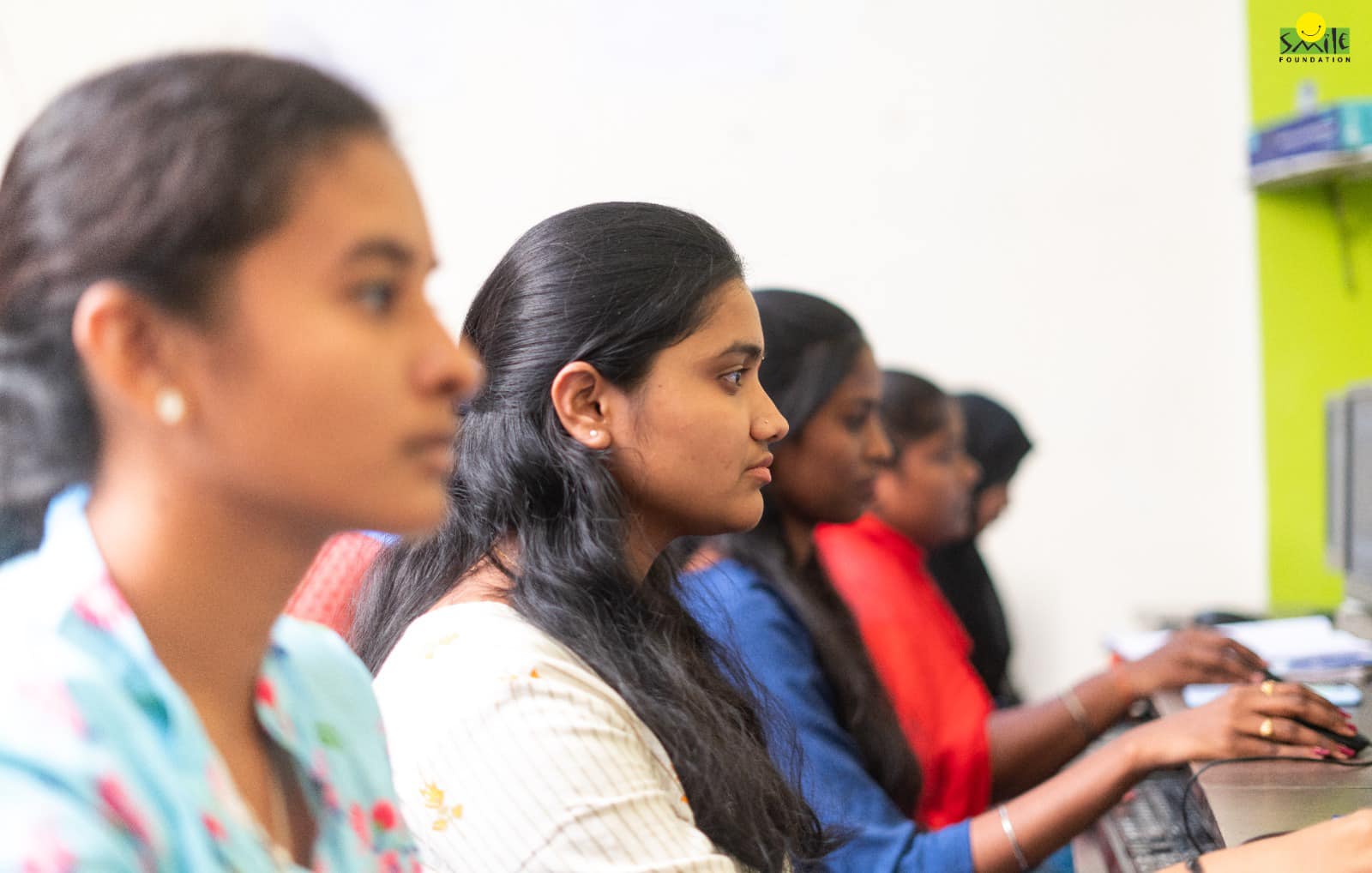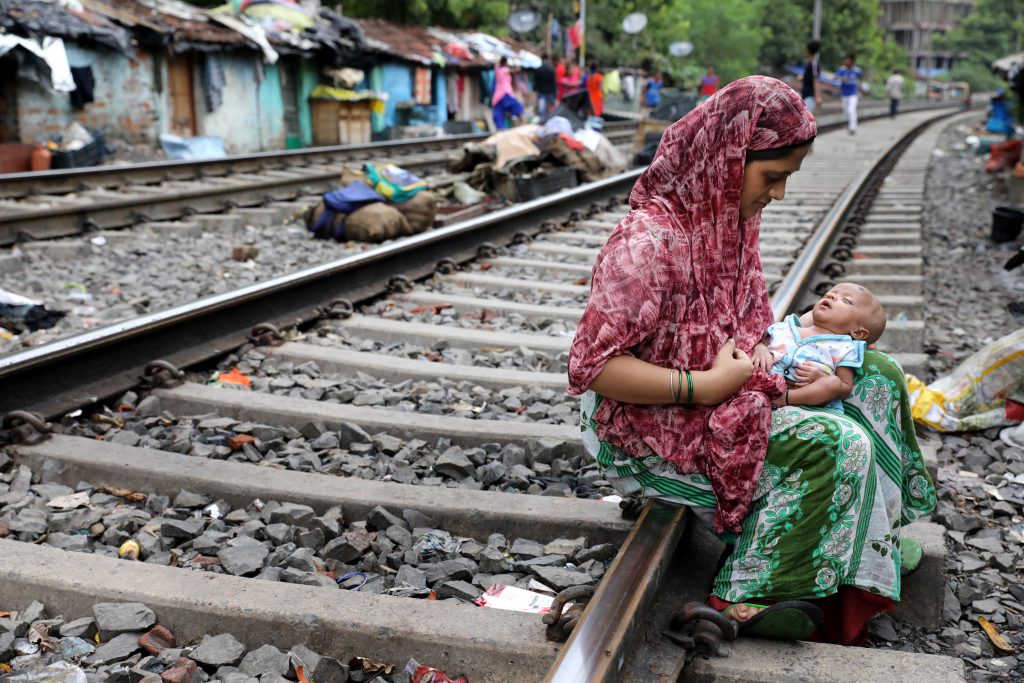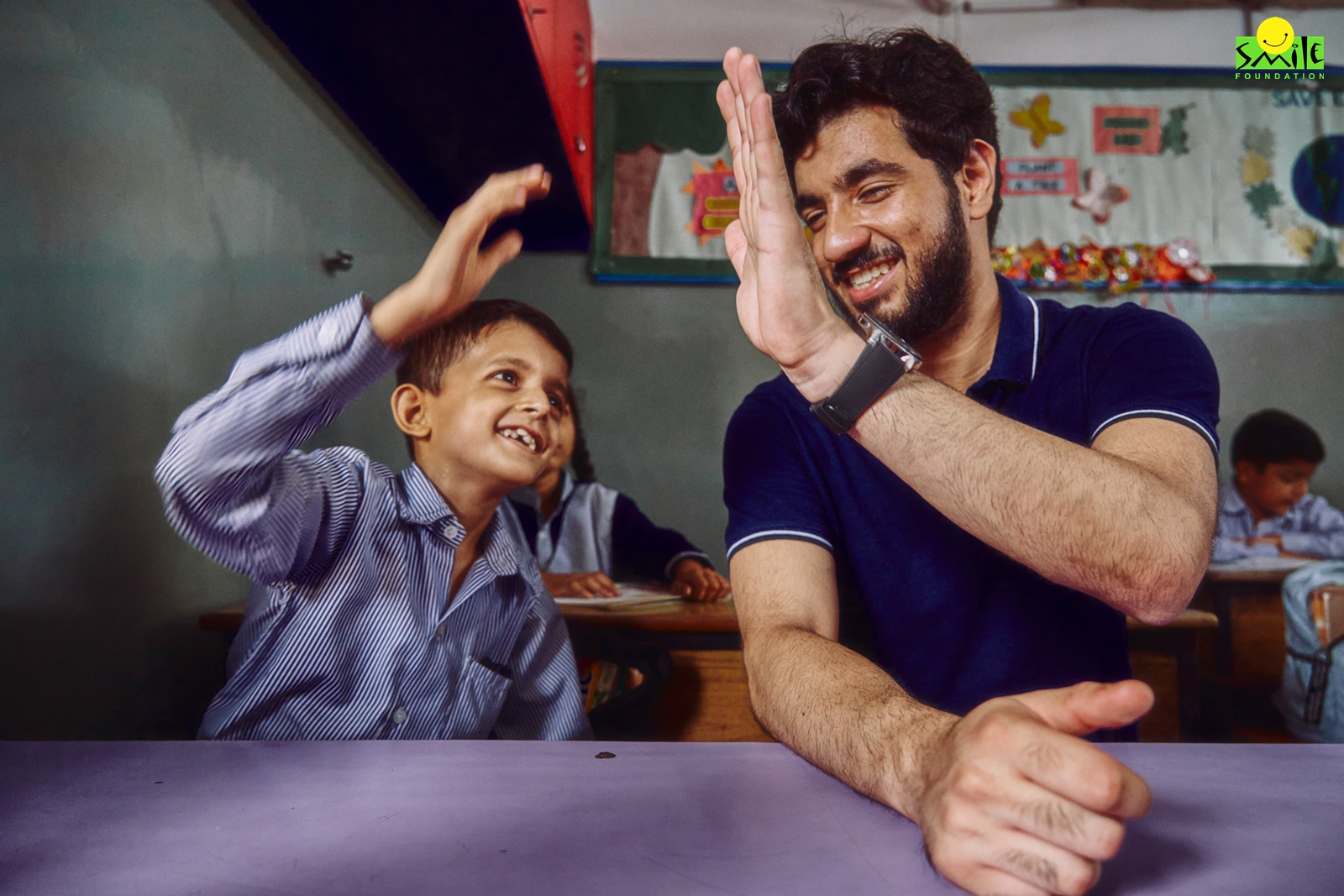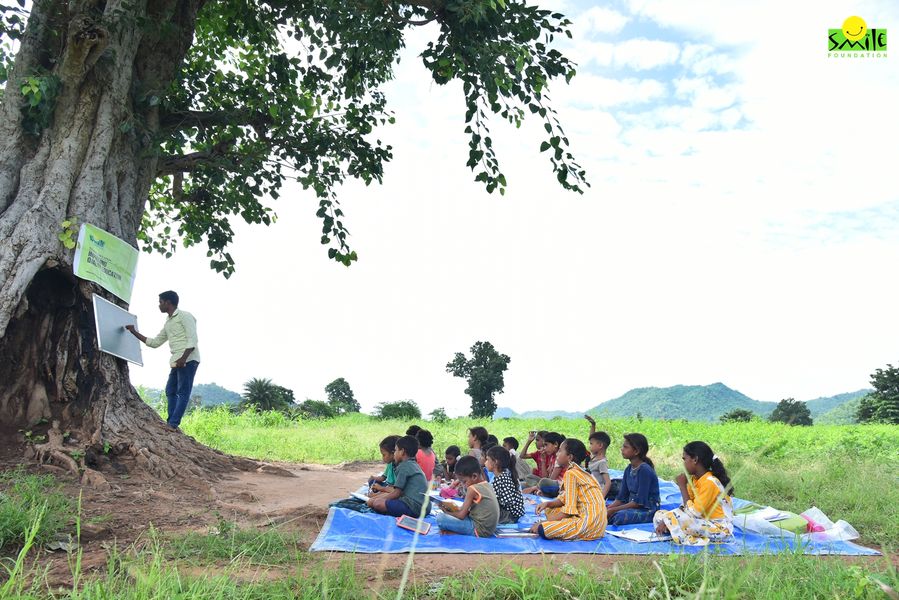Regional conflicts, lack of daily resources, and reduced means of income has forced thousands of people from the state of Chhattisgarh to move in search of a life elsewhere. Marred with the lack of healthcare, proper sanitation, steady incomes and lack of information the first group consisting of 37 people which arrived in Telangana in 2002 were barely able to sustain their lives.
India is home to 645 tribes indigenous to forest areas with a total population of 104 million (Census 2011). Located mostly in remote forest covered regions, these tribes face extreme living conditions, primarily due to the lack of sanitation, clean water, proper food, healthcare, and more. Additionally, with the reduction in forest cover in the name of development, a significant part of these communities have also lost their homes.
A few such tribes dwell in dire conditions in the green belted plateaus of Manuguru, Kothagudem in Telangana. Living in the heart of these forest reserves are the tribes of Muriya who migrated from Chhattisgarh to Telangana when tensions in the region increased. There are now more than 20,000 people who have moved in the regions and live in small hamlets of 150-200 people at a given location.
These people who lived off the forests using its resources sustainably are now forced to work as labourer for meagre wages and conditions which directly violates a number of their human rights. Most of them work on daily wage in cotton and rice farming, the season for which is from June-January. The rest of the year they have no means of income nearby and have to travel over 100kms every day to the city in search of work.
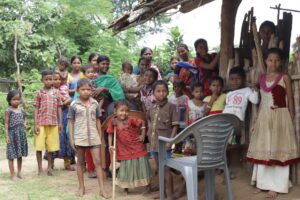
They have no electricity because the region being a forest reserve cannot be supplied with electricity due to the danger of forest fires. Food is scarce and mostly is whatever found in the forests, clean water supply is absent and the nearest water source is the stream flowing 1 km away. The entire settlement does not have even a single toilet.
All these factors combined, make the region a breeding of diseases, especially during rainy seasons. Malaria and diarrhoea are rampant with 70% of the affected losing their lives. Women and children suffer from malnutrition due to lack of food. In a community of over 100 women only one uses sanitary napkins which she has to get from a shop 12 kms away from the settlement. Imagine the state of healthcare!
The nearest primary healthcare center is 12 kms away and the nearest hospital is 80 kms away from the location. Anganwadi facility provided is 3kms away but is difficult to access by the community due to a Godavari stream cutting them off from the nearest village with government facilities.
When asked why do they not live in the town of Manuguru, the answer was obvious – they are cattle herders and have always found home in the forests. Life in a city is alien to them and they are also not accepted by the town dwellers as their own. With eight hours of hard labour reaping them just 150 rupees in a day for 4-5 dependents, there is a literal fight for survival.
Coming to the state of education in the community, there is none. The community had zero literacy and acquiring any has never been a priority. In a bid to extend a hand of aid, Smile Foundation intervened with its Mission Education program in the community. Currently, 8 hamlets are covered under this program and provide education, nutrition and healthcare to more than 500 children.

Studying under a thatched roof on top of clay-made walls, over 50 students chanted English alphabets when we reached there. A treasure trove of toys and cards lay open in the corner of the room full of figurines, teddy bears, balls and dolls that were yearning to reach and play with. These children studying under ME are provided with remedial classes till class 10, post which they are assisted in joining the nearest available formal school so that they can continue their education and make better lives for themselves. They are also provided with proper meals as well as basic medical care to help them deal with the common cold that grips the community throughout the year.
Sessions on maintaining basic hygiene standards are also held by the project coordinators in an effort to counter diseases caused due to lack of sanitation and cleanliness. The same has resulted in a decrease in cases of malaria. With no help from any external agency or government aid reaching them, these small steps have proved to be essential for these people.
The efforts put, even though not humongous, are a step towards providing such communities who have been uprooted from their homes and are living in a place foreign to them under conditions inhumane in nature, with some hope and dignity. Smile Foundation strives to bring smiles to all the children in this country and a life of means and dignity to every individual in the country.



